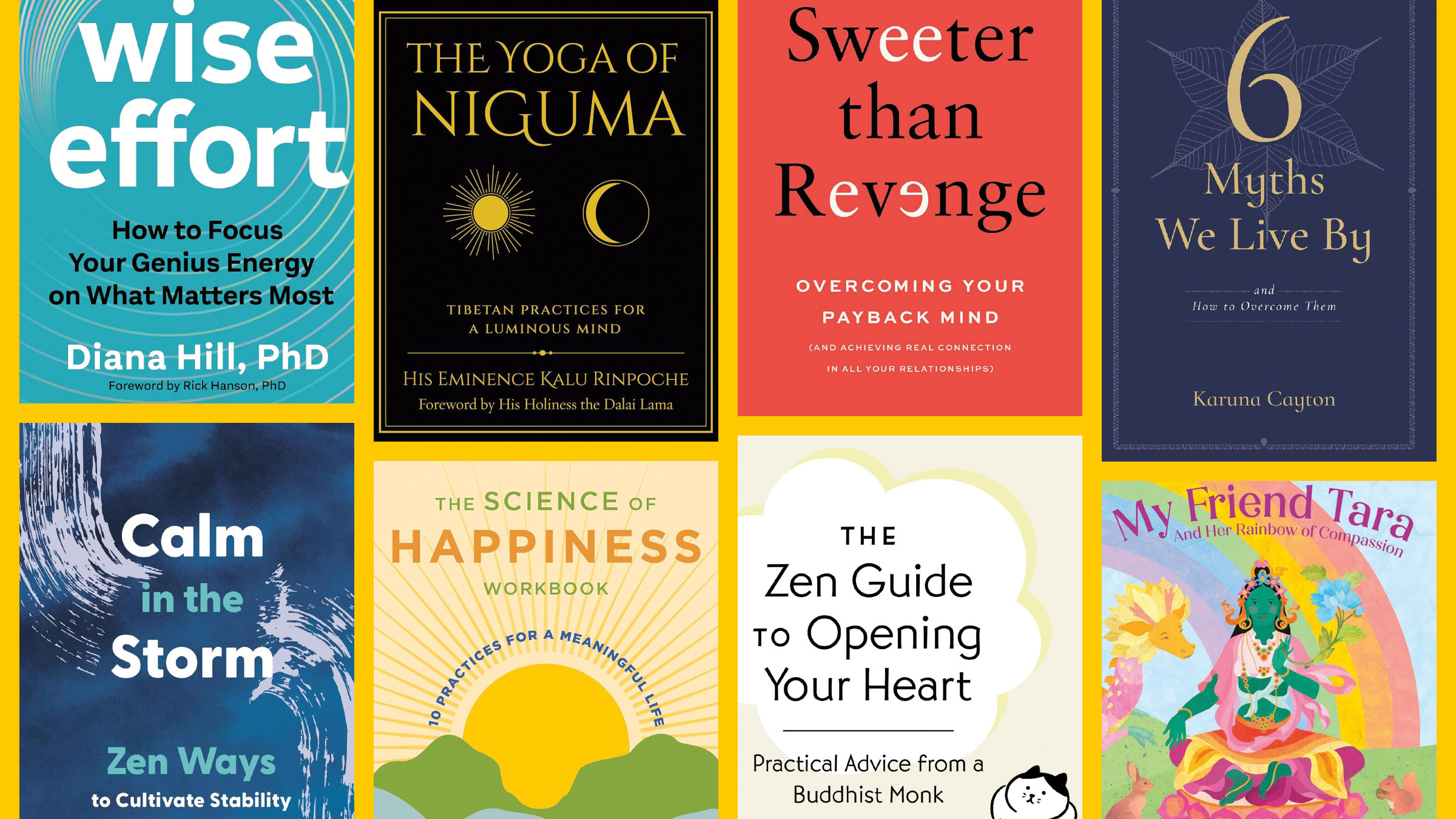The Quickest Way to Clean Potatoes
When you stir dirty potatoes in a pot, they clean each other. Jane McLaughlin-Dobisz on the bumps and benefits of being with others. The post The Quickest Way to Clean Potatoes appeared first on Lions Roar.

When you stir dirty potatoes in a pot, they clean each other. Jane McLaughlin-Dobisz on the bumps and benefits of being with others.

Photo by Jonathan Kemper
One day at the Providence Zen Center, a student was washing potatoes in preparation for the evening meal. Just then, Zen Master Seung Sahn happened to walk into the kitchen.
“What are you doing?” he asked.
“Washing the potatoes for dinner,” replied the student.
“Oh! One by one? This style is very slow!” exclaimed Seung Sahn. “In Korea, we put all the potatoes together in a big pot of water, and then stir them with a long stick. This way, each of the potatoes rubs against the others, rubbing the dirt off all of them at the same time. It’s much faster this way! Also, you use less water.”
“Ahhh,” said the student. “That makes sense! I will try it that way next time.”
This washing-potatoes analogy illustrates the efficiency and power of what Seung Sahn always referred to as “together action” or “sangha,” the community of fellow spiritual seekers living and practicing together in a continuous way. Sangha is our great treasure. Of Buddhism’s three jewels—Buddha, dharma, and sangha—it’s often considered the most valuable.
Another way to look at “sangha” is illustrated in Thich Nhat Hanh’s beautiful teaching, “In the paper there is a cloud.” Without the cloud there is no rain. Without the rain, there is no tree. Without the tree, there is no paper. This interpretation of sangha includes the interdependence of all beings, from the tiniest microscopic organisms to the mountains, rivers, and stars. From the universal perspective, the one that includes the great matrix of all things, we can never truly be independent.
In a sangha, we bump into lots of other dirty potatoes, because, by definition, each potato is dirty, having emerged from the same earthy ground. It follows then, that when you put all the potatoes together, you get even more dirt. Just as none of us is perfect as an individual, no sangha is perfect either. With institutions come bureaucracy, power-grabbing, money-chasing, hypocrisy, politics, drama, and sometimes criminal or abusive activity. The thinking is, “My path is right. Your path is wrong.” People are killed and wars are fought over religious ideology, Buddhist or otherwise. We have only to look at the history books, or even read today’s newspapers, to see myriad examples of organized religion gone awry. This can leave some practitioners disillusioned, wanting to leave their community to find a new spiritual home.
Just make sure you keep your own direction clear, and everything will resolve itself.
What are we to do if our religious group or institution has let us down? In some cases of true corruption, leaving is the only choice. But what then can we do with the wariness and distrust of organizations that come from that? Are we doomed to forever miss out on community if we’ve parted ways with an organization? Leaving our sangha can be terribly lonely, even when it’s for all the right reasons. How can we build a bridge, connecting to the pure and true essence of the Buddha’s teaching?
Years ago, when I was a new teacher, I ran into a minor interpersonal situation that felt politically motivated, not at all like the Zen ideal I expected to see. Disillusioned, I brought the case to the American Zen master Su Bong, seeking his guidance. He gave me some of the best advice I’ve ever received: “There will always be politics and problems in every organization. Just make sure you keep your own direction clear, and everything will resolve itself.”
For the person who has decided to part ways with their community, I’d follow that same advice I received from Zen master Su Bong: “Keep your direction clear.” Return to your original “don’t know mind”—the mind that is before thinking. This will lead you to the true way, just like water always flows to the sea, or green grass sprouts up in spring. It could mean a period of practicing on a solitary retreat, by yourself at home, or with just a dharma friend or two, or it could mean trying out some new groups.
Finding your spiritual home in a sangha is a little bit like shopping for shoes. Some shoes are quite beautiful, but they may give you blisters or be difficult to walk in. Other shoes are comfortable and fit you just right. Those will be the shoes you reach for. Maybe they aren’t the most elegant, but they’re the ones that will support you as travel on your journey.
Whether we practice alone or in a group, we all end up with the “bitter with the batter.” Much of life’s learning and indeed the most profound teachings come from bumping into each other, from dealing with our likes and dislikes, and from letting go of our opinions to which we cling so dearly. It’s a bit like voting in a world full of social injustice. It’s not perfect, but we do our best to make it better. This is why, in the ten ox-herding pictures used to describe Zen training, the tenth stage is called “returning to the marketplace with helping hands.” We’ve traveled at times alone, at times in groups. We’ve been through the joys and the struggles and no longer try to bypass our true interdependence. Now we’re simply ready to share the gift of ourselves, in whatever way that may mean, grateful for all that we have been given by those who went before.

 FrankLin
FrankLin 































